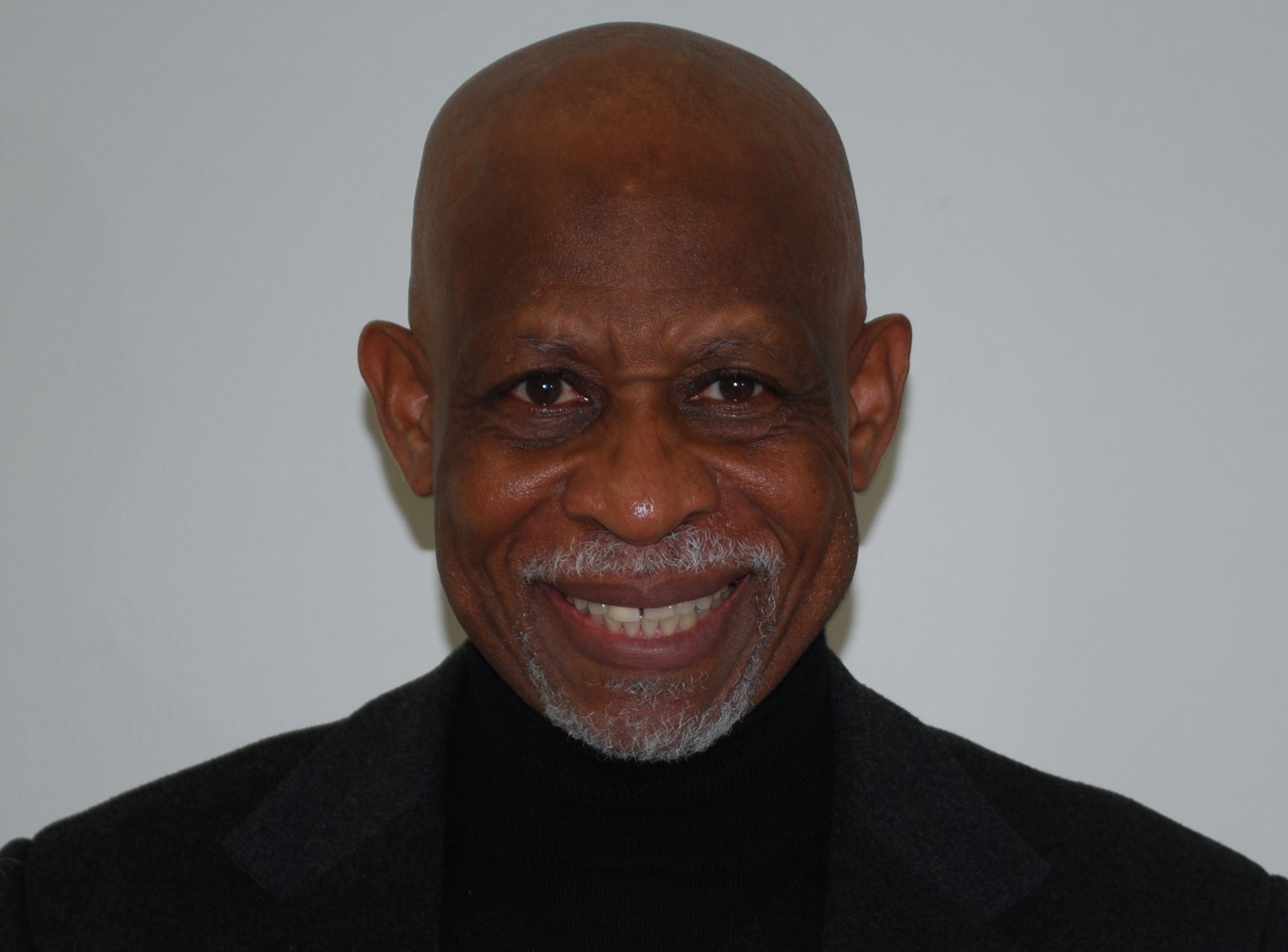From the Pastor’s Heart OP-ED BY DR. ROBERT KENNEDY
Grace, yes, that was the name on the nameplate of the young woman serving me at the checkout counter. I cannot tell what happened to her that morning, and I surely don’t want to judge, but her miserable mood seemed a contradiction to her name, from all appearances.
So, after serving me, I commented, “Young lady, you have an interesting name. What does it mean?” That brought a little smile to her face. Then she said, “I don’t know the meaning.” Before stepping away, I said, “Well, it’s a great name. Look it up.”
I did not want to tell her the meaning of her name because she might have thought that I was flirting with her. But in true confession, I did not really want to give a dictionary definition then and there. I knew that, in reality, grace like love cannot be easily defined; it has to be described.
Soon as I left the store, I began to think of all the words that I associate with grace, and here are the first ten that came to my mind:
1. Love
2. Kindness
3. Generosity
4. Big heartedness
5. Healing
6. Strength
7. Forgiveness
8. Bounteousness
9. Amazing
10. Prodigious
After listing the words, I thought of one of the most popular Bible stories that reflect on the need for grace in all of our lives, the story of the prodigal son in Luke 15:11-32. This story frames a perfect picture where it presents the prodigal father, not only as a lawgiver but as a grace-giver.
In reading the father’s actions as a grace-giver, we can appreciate all that was done to restore his rebel son. By law, the son should have been cut off from the family and destroyed. For sure, the men at the city gate, and the stay-at-home brother prodigal, would have given him the due punishment he deserved if they had seen him on his return, without the father’s effort to cover him and protect him.
Think of the way that the father of the prodigal ran to meet the son along the path of return. That is grace. Think of the moment the father stopped the son’s confession and forgave him. That is grace. Think of how the father embraced him and kissed him, although he was smelling like the pigs he had been caring for. That is grace. Think of how he placed the new robe upon him so that the men at the gate could not touch him. That is grace. Think of how the father led him to the house and provided a great welcoming celebration for him. The father treated him as he had never rebelled. That is grace. And then think of how the father left the celebration to search for the elder son. Think of all that was done to appeal to his recalcitrant heart. That is grace. The father did not react to the insults that were heaped upon him; he offered grace.
I do not think of grace only as what the father of the prodigals gave to his sons, but as that which the heavenly Father makes available to all of us. Here is what I call a poetic description of grace in the following two paragraphs from the writer, Max Lucado, in his book Grace:
“All ships that land at the shore of grace weigh anchor from the port of sin. We must start where God starts. We won’t appreciate what grace does until we understand who we are. We are rebels. We are Barabbas. Like him, we deserve to die. Four prison walls, thickened with fear, hurt, and hate, surround us. We are incarcerated by our past, our low-road choices, and our high-minded pride. We have been found guilty.
“We sit on the floor of the dusty cell, awaiting the final moment. Our executioner’s footsteps echo against stone walls. Head between knees, we don’t look up as he opens the door; we don’t lift our eyes as he begins to speak. We know what he is going to say. ‘Time to pay for your sins.’ But we hear something else. ‘You are free to go. They took Jesus instead of you.’”
Do I need to say more about grace? More needs to be said yes, but I need shorten my comments by quoting that 18th Century song that is most popular in the Christian world and secular contexts, as well. It has been sung millions of times. I speak of the song that former President Barack Obama sang at that memorable funeral at Mother Emmanuel Church when he gave that Eulogy for the nine that were killed. The first three stanzas say:
Amazing grace how sweet the sound
That saved a wretch like me
I once was lost, but now I’m found
Was blind, but now I see
‘Twas grace that taught my heart to fear
And grace my fears relieved
How precious did that grace appear
The hour I first believed
My chains are gone, I’ve been set free
My God, my Savior has ransomed me
And like a flood, His mercy reigns
Unending love
Amazing grace


